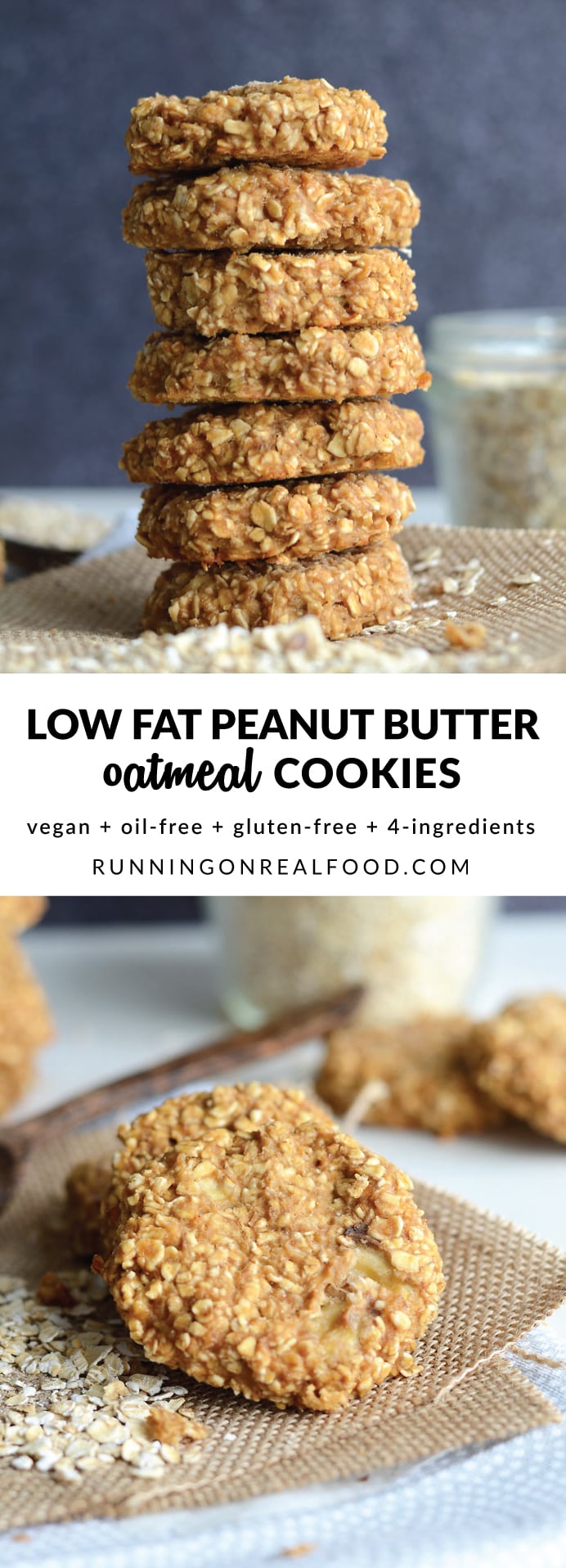Is Low Fat Peanut Butter Healthy

Is Low Fat Peanut Butter Healthy?
Peanut Butter Is Packed with Nutrients
Peanut butter is a tasty, nutritious food that has been enjoyed by people for many years. It can be eaten on its own, added to sandwiches, and used in many recipes. Peanut butter is high in fat, but it also contains many other nutrients, including protein, fiber, vitamins, and minerals.
One of the best things about peanut butter is that it is packed with nutrients. It is a good source of protein, with 7.7 grams of protein per 2 tablespoons (28 grams). It is also a good source of healthy fats, with 16 grams of fat per 2 tablespoons. Peanut butter also contains vitamins such as B vitamins, vitamin E, and vitamin K. It also contains minerals such as magnesium, phosphorus, and zinc.
What Is Low Fat Peanut Butter?
Low fat peanut butter is a type of peanut butter that has had some of the fat removed. It is usually made with oil, such as canola oil, and is lower in fat than regular peanut butter. It is also typically higher in sugar and sodium than regular peanut butter.
Low fat peanut butter can be a good option for those who are trying to limit their fat intake. It can also be a good option for those who are trying to reduce their calorie intake. However, it is important to note that low fat peanut butter is not necessarily healthier than regular peanut butter, as it still contains fat and calories.
Is Low Fat Peanut Butter Healthy?
Low fat peanut butter can be part of a healthy diet, as long as it is consumed in moderation. It can provide some of the same benefits as regular peanut butter, such as protein, fiber, vitamins, and minerals. However, it is important to note that it is usually higher in sugar and sodium than regular peanut butter.
When choosing a low fat peanut butter, it is important to read the nutrition label. Look for a variety that is low in added sugar and sodium. It is also a good idea to check the ingredient list for artificial sweeteners or other additives.
Conclusion
Low fat peanut butter can be part of a healthy diet, as long as it is consumed in moderation. It can provide some of the same benefits as regular peanut butter, such as protein, fiber, vitamins, and minerals. However, it is important to note that it is usually higher in sugar and sodium than regular peanut butter. When choosing a low fat peanut butter, it is important to read the nutrition label and check the ingredient list for artificial sweeteners or other additives.
20 ‘Healthy’ Foods You Should Absolutely Avoid – Appreciate

Reduced Fat Creamy Peanut Butter Spread 60% Peanuts

Healthy Peanut Butter Yogurt Dip (low fat/low carb/high protein)
Low-Fat Peanut Butter Oatmeal Cookies - Running on Real Food

Low Fat Peanut Butter and Coconut Nicecream Recipe - RecipeYum

The Best Ideas for Lowfat Peanut butter Cookies - Best Recipes Ideas

Healthy Peanut Butter Apple Yogurt Dip (low fat)
Low Fat Peanut Butter Cookie - Big Nipples Fucking
